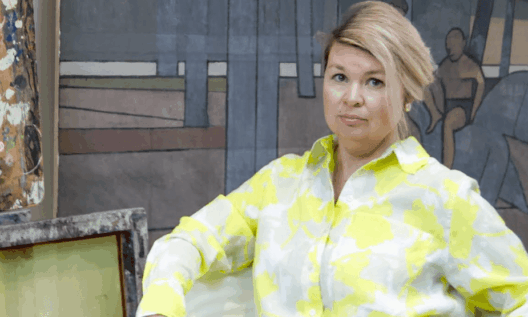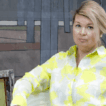Register to get 5 free articles
Reveal the article below by registering for our email newsletter.
Want unlimited access? View Plans
Already have an account? Sign in
64% of autistic people avoid going to shops. The National Autistic Society explains how to create a friendly environment all year round.
Last month, from 2 – 9 October, The National Autistic Society held the first ever mass participation Autism Hour. Penny Mordaunt, minister of state for Department for Work and Pensions pledged her support and over 4,500 stores and shopping centres across the UK became more autism friendly for 60 minutes. Participating companies included major high-street chains such as Clarks, Sainsbury’s, Toys ‘R’ Us and Superdrug.
The National Autistic Society’s Autism Hour was part of Too Much Information, the public awareness campaign which aims to create a society that works for autistic people. The participating stores dimmed their lights, turned down music and shared information about autism for one hour.
The National Autism Society has found that conditions within public places and stores mean autism hours would be of use all year round. More than one in 100 people are on the autism spectrum which means that someone sees, hears and feels the world in a different, often more intense way to other people. Autistic people often find social situations difficult and struggle to filter out the sounds, smells, sights and information they experience which means they feel overwhelmed by ‘too much information’ when out in public.
Mark Lever, chief executive at the National Autistic Society, said: “A National Autistic Society survey found that 64%t of autistic people avoid going to the shops, and 28% have been asked to leave a public place for reasons associated with their autism.
Matt Davis is father to Isaac, aged nine, who is autistic. He said: “Noise, lighting and crowds are all triggers for Isaac so either we avoid shops altogether or we have to put in a great deal of preparation to ensure Isaac doesn’t become overwhelmed. Unfortunately, my wife and I find that the stress doesn’t stop with having to pay close attention to Isaac’s sensory overloads, we also have to take into account the public’s perception of Isaac’s behaviour and that can be difficult.
“In recent years, we have seen an improvement in Isaac’s ability to go to public spaces but we have to make sure it is familiar, it has a quiet area, the lighting is not overwhelming and it is not overcrowded. As you can imagine, predictability in public spaces is not always guaranteed so we still experience many meltdowns. The idea of having specific ‘Autism Hours’ where the triggers of sensory overloads are reduced would make life so much easier and would allow Isaac to prepare effectively.”
How to offer support
Sometimes an autistic person may behave in a way that you wouldn’t immediately link to sensory sensitivities. A person who struggles to deal with everyday sensory information can experience sensory overload, or information overload. Too much information can cause stress, anxiety, and possibly physical pain. This can result in withdrawal, challenging behaviour or meltdown.
If someone is having a meltdown, or not responding, don’t judge them. There are things that you can do to help. This can make a world of difference to someone with autism and their carers.
Often, small changes to the environment can make a difference. Many people on the autism spectrum have sensory issues. This can affect one or more of the five senses sight, sound, smell, touch and taste. A person’s senses can be over-developed (hypersensitive) or under-developed (hyposensitive). Both can have an impact on how people experience, and cope with, different environments.
For example, autistic people may find certain background sounds, which other people ignore or block out, unbearably loud or distracting. This can cause anxiety or even physical pain. People who are hyposensitive, meanwhile, may not feel pain or extremes of temperature. Turning down lights and in store music in store can offer a better shopping experience. Also try to speak clearly and precisely so people are less likely to feel overloaded by information.
To find out more visit www.autism.org.uk.




















